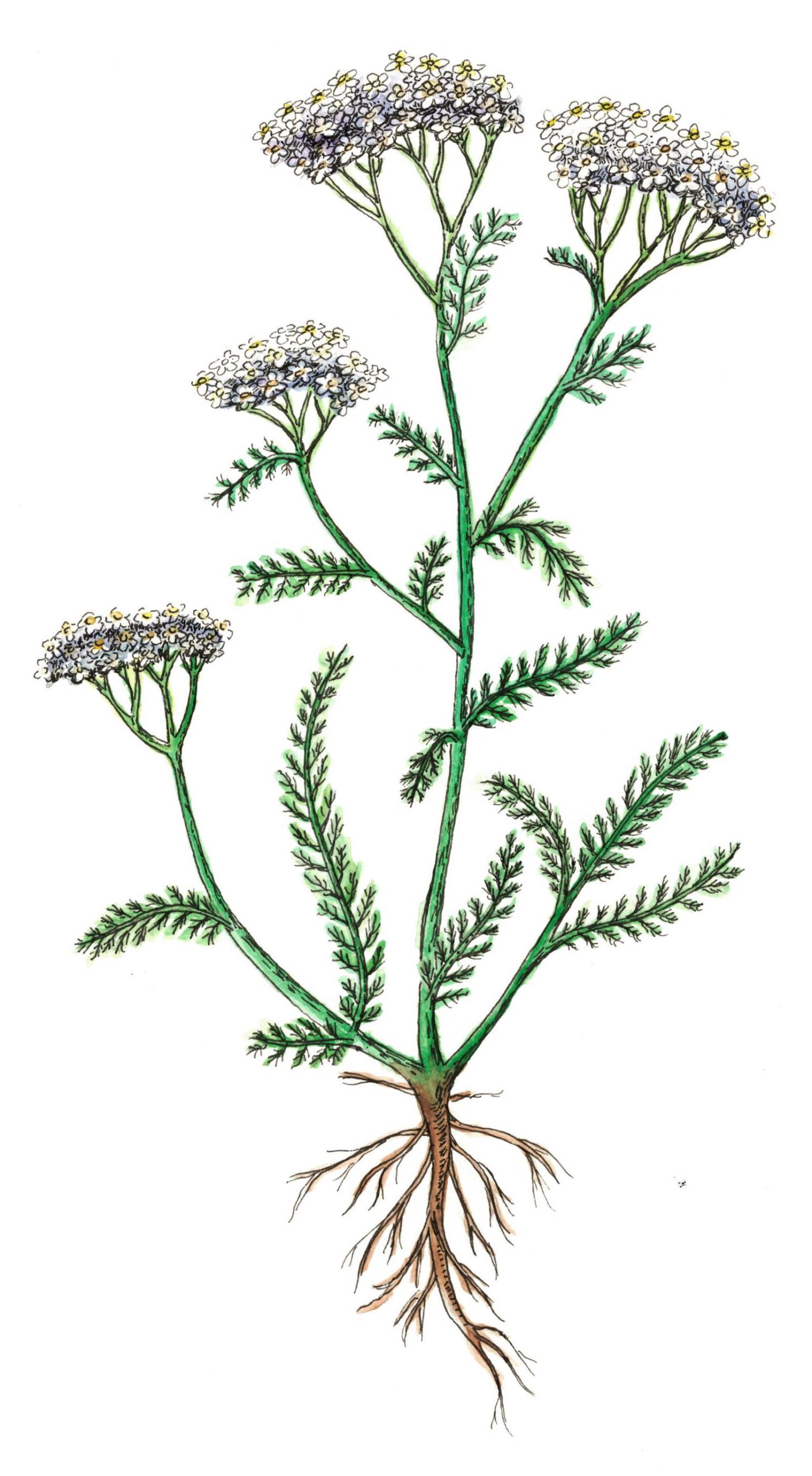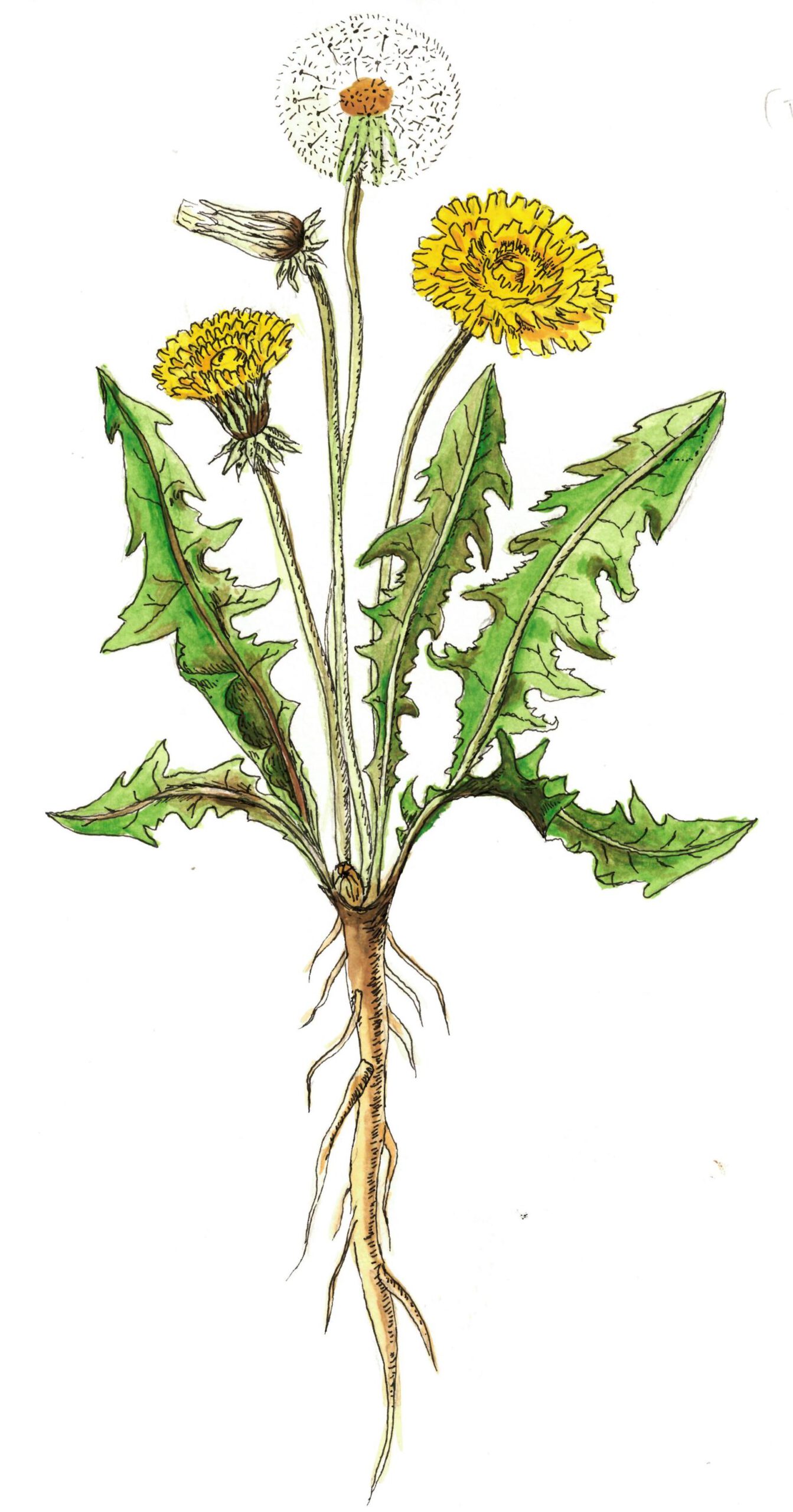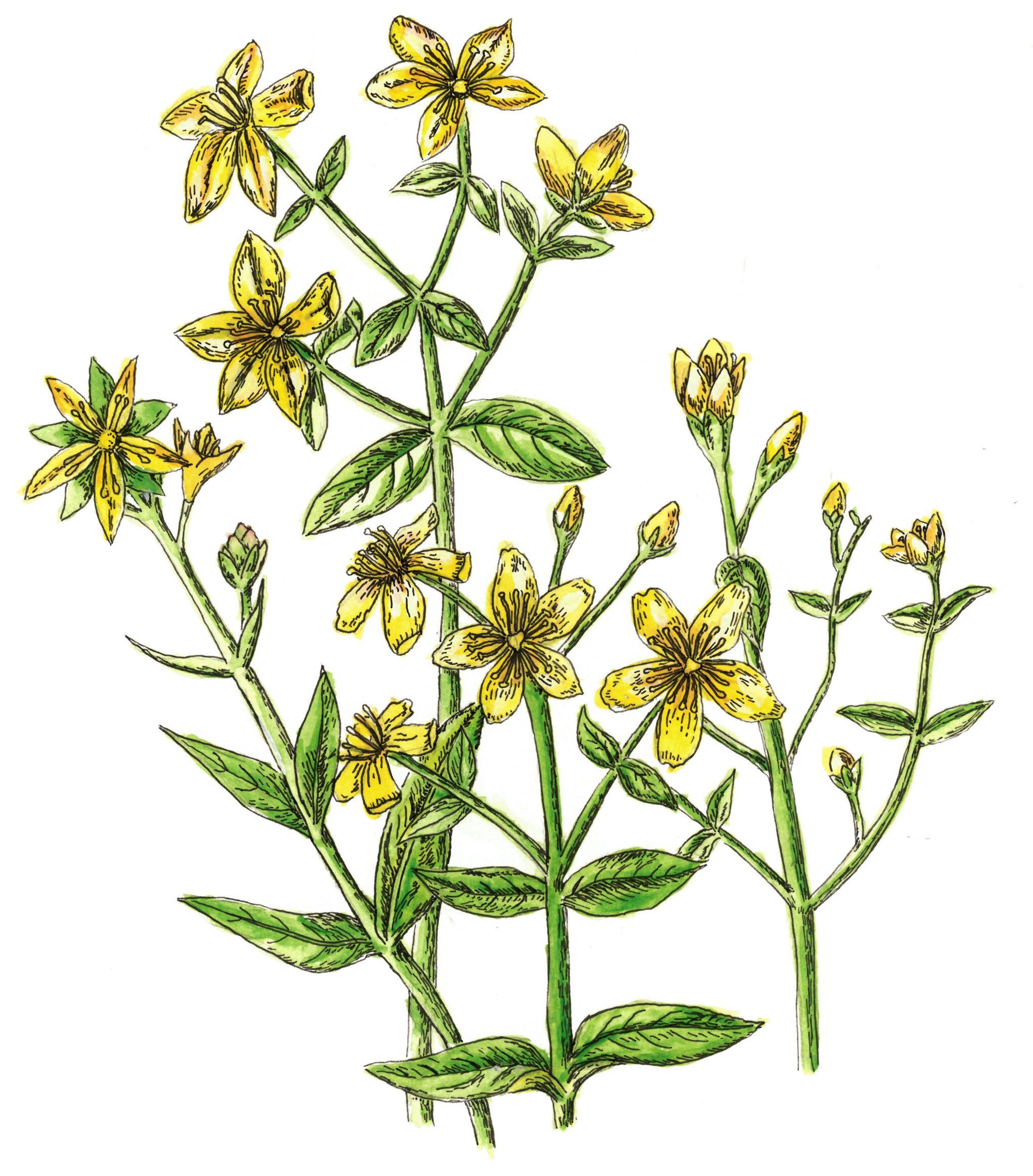Author: Lorena Tran
Traditional medicines use yarrow to treat a variety of conditions, the most common being for healing wounds. In Hungarian traditional medicine, ointments made from yarrow leaves are used to treat burns and open wounds. European and Brazilian remedies use yarrow ointments and poultices to stop bleeding and treat skin rashes. Traditional Chinese medicine also treats wounds and bruising with yarrow, but additionally uses it for snakebites and varicose veins[1].
Few large-scale studies have assessed yarrow’s medicinal properties. However, in smaller studies yarrow has been found to promote quicker cell and tissue growth, which explains its role as a wound healer in traditional cultures[2]. Yarrow also has anti-inflammatory properties, as it reduced swelling in women who had recently given birth as well as patients with mouth and throat inflammation[1].
Sources:
[1] Ali SI, Gopalakrishnan B, Venkatesalu V. Pharmacognosy, Phytochemistry and Pharmacological Properties of Achillea millefolium L.: A Review. Phytotherapy Research. 2017 Aug;31(8):1140-1161.
[2] Medellín-Luna MF, Castañeda-Delgado JE, Martínez-Balderas VY, Cervantes-Villagrana AR. Medicinal Plant Extracts and Their Use As Wound Closure Inducing Agents. Journal of Medicinal Food. 2019 May;22(5):435-443.


